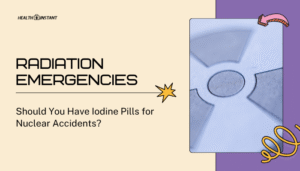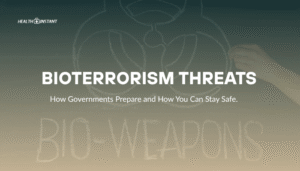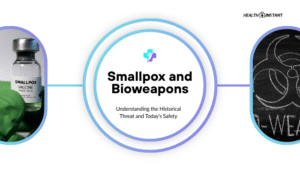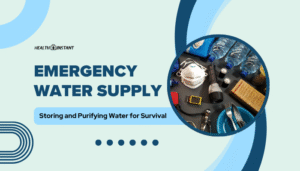Radiation Emergencies: Should You Have Iodine Pills for Nuclear Accidents?
Introduction In the wake of potential nuclear accidents—whether from power plant malfunctions, radiological threats, or rare catastrophic events—people often wonder if they should have potassium iodide (KI) pills on hand. These “io...
Read MoreBioterrorism Threats: How Governments Prepare and How You Can Stay Safe
Introduction Bioterrorism involves the deliberate release of viruses, bacteria, or other germs to cause illness or death in humans, animals, or crops. Though rare, the potential impact of such an event can be significant—disrupting healthcare s...
Read MoreSmallpox and Bioweapons: Understanding the Historical Threat and Today’s Safety
Introduction Smallpox—once one of humanity’s most devastating infectious diseases—claimed countless lives before a global vaccination campaign led to its official eradication in 1980. Despite this success, smallpox has attracted at...
Read MoreAnthrax Scares: What to Do If You Ever Encounter a Suspicious Powder
Introduction While anthrax, a bacterial infection, primarily infects livestock and, less commonly, humans who handle animal products, deliberate attempts to use anthrax spores as a weapon have sparked public fear in the past. Receiving mail or pa...
Read MoreEmergency Water Supply: Storing and Purifying Water for Survival
Introduction During a disaster—like hurricanes, earthquakes, or widespread power outages—access to clean water can vanish quickly. Without a consistent supply of safe drinking water, dehydration and illness can set in fast. Preparing...
Read More




